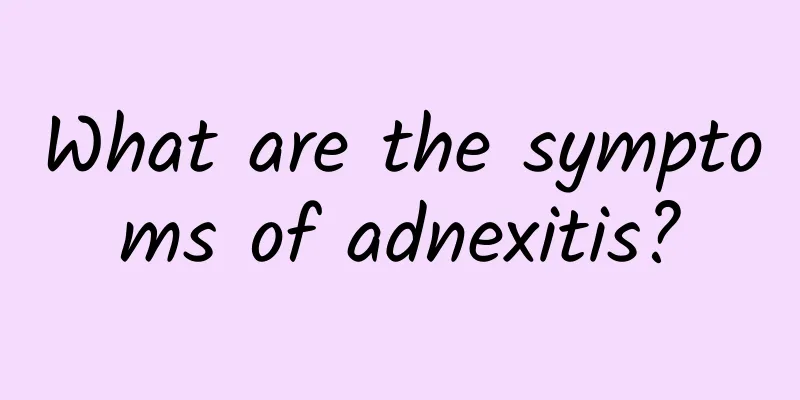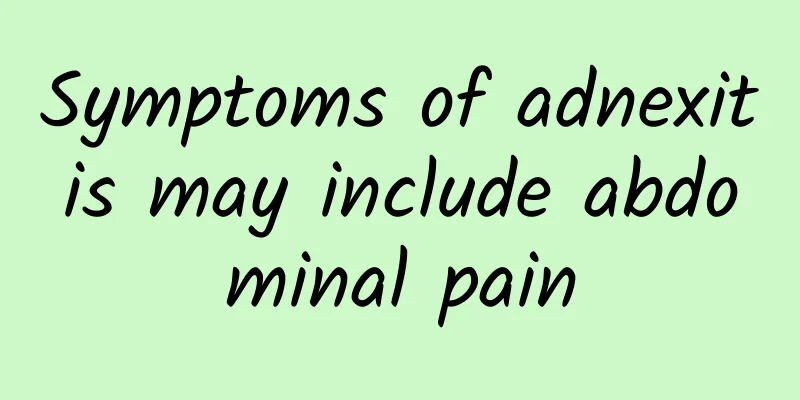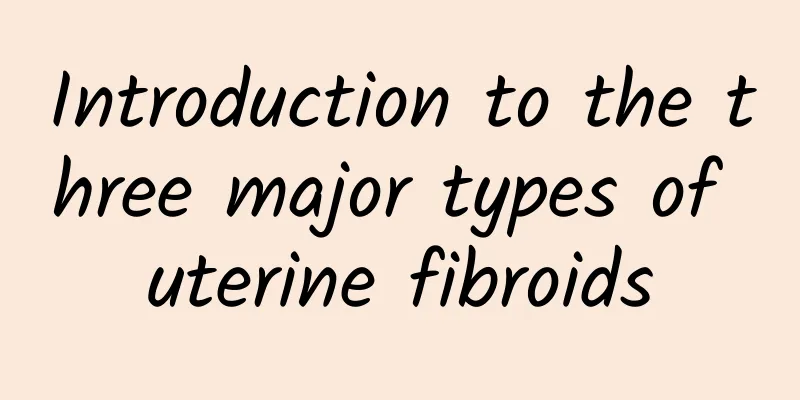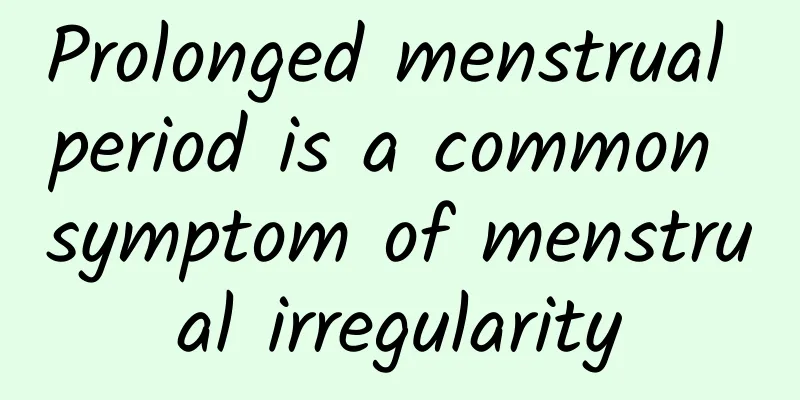What are the symptoms of adnexitis?

|
What are the characteristics of adnexitis symptoms? Many people in life do not know what adnexae are. Among the female internal reproductive organs, the fallopian tubes and ovaries are called adnexae, and adnexitis, as the name suggests, refers to the inflammation of the fallopian tubes and ovaries. Clinically, it is mainly divided into acute adnexitis and chronic adnexitis. So, what are the characteristics of adnexitis symptoms? Let's find out. 1. Acute adnexitis: mainly acute lower abdominal pain, accompanied by fever. During gynecological examination, there is obvious tenderness and rebound pain in the adnexal area. Routine blood tests show an increase in white blood cell count and a significant increase in the proportion of neutrophils. If acute adnexitis is not treated in time or thoroughly, it may turn into chronic adnexitis. 2. Chronic adnexitis: There are different degrees of abdominal pain. Chronic inflammation recurs and lasts for a long time, causing pelvic congestion, connective tissue fibrosis, and adhesion of pelvic organs. Patients experience symptoms such as lower abdominal distension, pain, and lumbar pain, which are sometimes mild and sometimes severe, accompanied by increased leucorrhea, back pain, menstrual disorders, etc., and often worsen during menstruation or after fatigue. During gynecological examination, there is tenderness, thickening, or tender masses in the bilateral or unilateral adnexal area, and the white blood cell count is elevated or normal. 3. Some symptoms are not very obvious sometimes, but because the fallopian tubes and ovaries are adjacent, it is difficult to distinguish when inflammation occurs. Especially chronic inflammation of the fallopian tubes, over time it can lead to fibrosis, thickening and blockage of the fallopian tubes, and can also adhere to surrounding tissues. If both ends of the fallopian tubes are blocked, hydrosalpinx may form, and the accumulated water may penetrate into the ovaries that are adhered together, forming ovarian cysts, which can easily cause infertility or ectopic pregnancy. Adnexitis will not be cured immediately by medication, but the symptoms of adnexitis will gradually ease. Medication is very important in adnexitis care, and the medication mainly uses some Chinese patent medicines. When taking these medications, patients with adnexitis must continue to take them for at least one month. Do not stop taking medication when you think the symptoms of adnexitis have eased, otherwise it will recur soon. When treating adnexitis, the care of adnexitis should also actively treat the lower reproductive tract infection. Vaginitis and cervicitis may cause the pathogens of adnexitis to ascend. If you have an IUD, you can consider removing it. The body is the capital of the revolution, so no matter what, it is most important to protect your body. Only with a good body can you have a good life. |
<<: How much do you know about the care of vaginitis?
>>: What are the symptoms of abnormal leucorrhea
Recommend
How to treat right ovarian polycystic changes
Polycystic ovary syndrome is a disease that many ...
Can I wash my vulva for itching after pregnancy?
Can I use lotion if I suffer from vulvar itching ...
People with lactose intolerance cannot drink milk. How can they supplement calcium? Nutritionist: Drink "2 drinks" to supplement calcium with double effect
Are you lactose intolerant too? Since the body ca...
Uterine fibroids often cause menstrual changes
Uterine fibroids often cause menstrual changes, u...
How are uterine fibroids caused? 5 symptoms of uterine fibroids to pay attention to
How are uterine fibroids caused? Here are 5 sympt...
What causes pelvic inflammatory disease in women?
What causes female pelvic inflammatory disease? T...
Experts explain the important causes of cervicitis
Cervicitis is a gynecological disease that is ver...
What causes menstrual odor?
What causes menstrual odor? The main causes of me...
Brief analysis of several common symptoms of tuberculous pelvic inflammatory disease
Clinically, the symptoms of different patients wi...
To prevent ovarian aging, women can eat 4 kinds of food regularly
Ovarian health is closely related to estrogen. In...
A woman who reduced her stomach and restricted her diet lost 50 kg in half a year
Some people become fat because they eat too much ...
The etiology of uterine fibroids The formation of uterine fibroids is related to estrogen
Uterine fibroids are common benign tumors in wome...
What should you not eat if you have uterine fibroids? The diet for uterine fibroids should be light.
The formation of uterine fibroids is related to l...
What are the dangers of not treating Trichomonas vaginitis in time?
After a woman has trichomoniasis, she will suffer...
What to do if your menstrual flow is heavy after uterine fibroid surgery
What should I do if my menstrual flow is heavy af...









